Till now, the antiviral medicines that are getting used for the treatment of COVID-19 infection target a selected viral species. This makes it difficult to focus on the SARS-CoV-2 virus because it undergoes mutation. Therefore, so as to make an efficient treatment, scientists would need to determine a therapeutic agent to inhibit SARS-CoV-2 infectivity (ability to infect) also as that of the possibly mutated species.
Research has been done by the scientists of the University of California to get a therapeutic agent.
Led by nanoengineering professor Liangfang Zhang at the Jacobs School of Engineering at the University of California, the research is predicated on a replacement technique of forming a drug that focuses on the affected host cells rather than targeting the causative agent.
The research, published within the journal Nano Letters on 17 June 2020, is predicated on the very fact that since SARS-CoV-2 binds with protein receptors to enter human cells, so to counteract that the scientists created cellular nanosponges which restricted their binding and neutralised them.
As explained by an online media nanosponges are human-made cellular substances that naturally target the SARS-CoV-2 virus. so as to make these cellular nanosponges and macrophages (infection eating white blood cells), the scientists used the outer covering (cell membranes) of epithelial cells present within the human lung. This membrane was coated onto polymeric nanoparticle cores. These polymeric nanoparticle cores were made by using ultrasound waves (sonication) on the poly lactic-co-glycolic acid (PLGA).
This whole process led to the formation of human lung epithelial type II cell nanosponge (denoted “Epithelial-NS”) and human macrophage nanosponge (denoted “MΦ-NS”).
The cell wall coating helped these nanosponges obtain the viral receptors which are essential for the entry of the coronavirus into the host cells.
The fabricated nanosponges were firstly tested within the laboratory to seek out their efficacy and safety within the lungs. On testing it, the scientists found that:
• Nanosponge ‘Epithelial-NS’ had viral receptors like ACE-2, transmembrane serine protease 2, and dipeptidyl peptidase IV
• Nanosponge ‘MΦ-NS’ had viral receptors ACE-2, C-type lectin domain family 10 (CLEC10), and CD147
The scientists then introduced these nanosponges within the trachea of mice as this novel coronavirus is usually known to affect the tract. The scientists used the very best feasible dose of Epithelial-NS or MΦ-NS which was 300 μg (microgram) during a suspension of 20 μL (microlitre).
After three days, it had been revealed that there was no evidence of lesion formation or tissue damage within the mice. Furthermore, all the blood markers, including the red blood cells, platelets, and white blood corpuscle counts, were within the traditional limits. This confirmed the short term efficacy of the nanosponges.
The study showed that both Epithelial-NS and MΦ-NS showed the power to neutralise SARS-CoV-2 during a dose-dependent manner.
The laboratory tests showed that this Epithelial-NS was ready to reduce the power of SARS-CoV-2 virus to infect the host cells by 93 percent.
Whereas MΦ-NS was ready to reduce the potential of SARS-CoV-2 virus to infect the host cells by 88 percent.
Nanosponges are tiny biodegradable polymers that are covered with either cell membranes or other coverings that mimic human cells. This attracts the virus towards them and prevents the virus from connecting with the healthy human cell. Thus, the virus gets neutralised and doesn't multiply within the body, because it needs human cell DNA for multiplication.
The efficiency of those cellular nanosponges for the treatment of SARS-CoV-2 infection requires further investigation on proper animal models, which is underway, followed by human clinical trials.
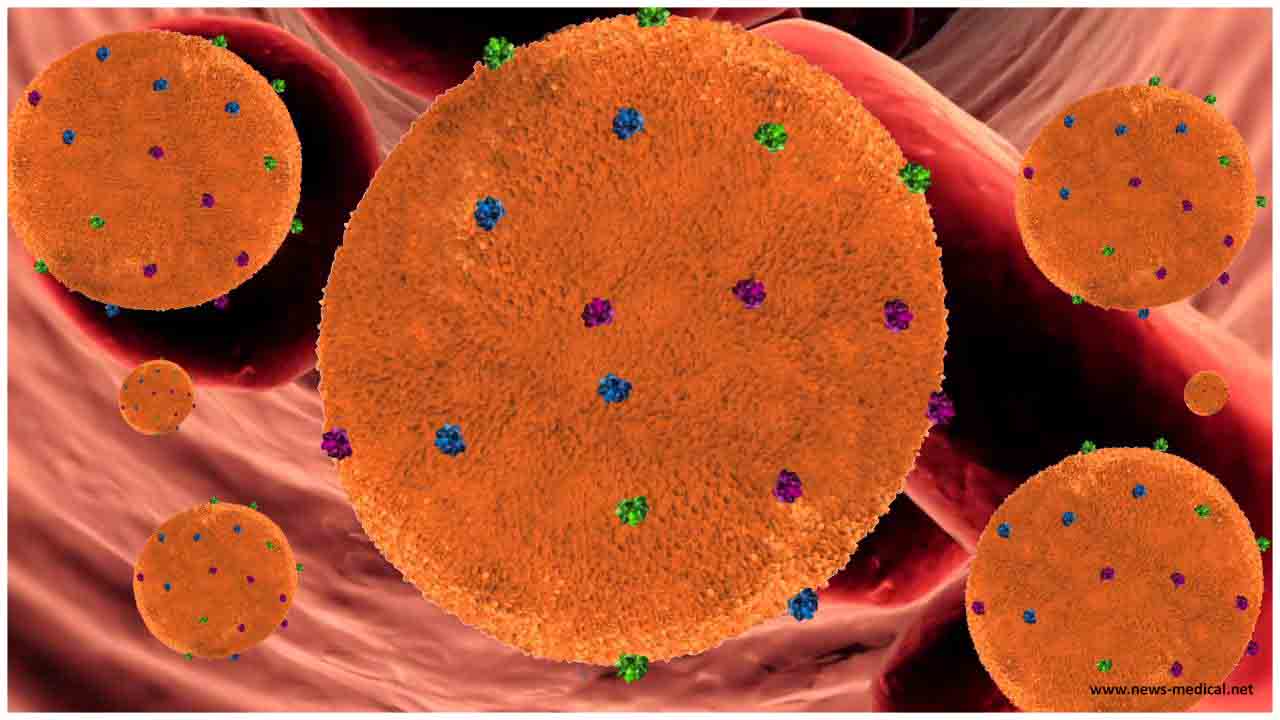
 Research has been done by the scientists of the University of California to get a therapeutic agent
Research has been done by the scientists of the University of California to get a therapeutic agent







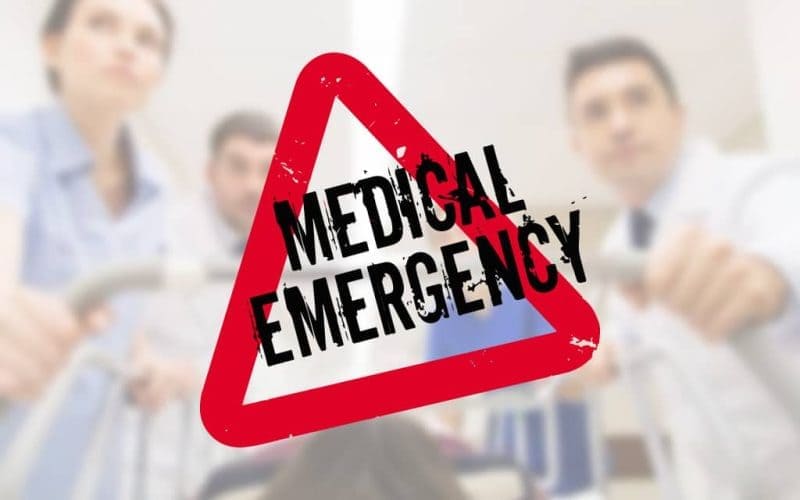
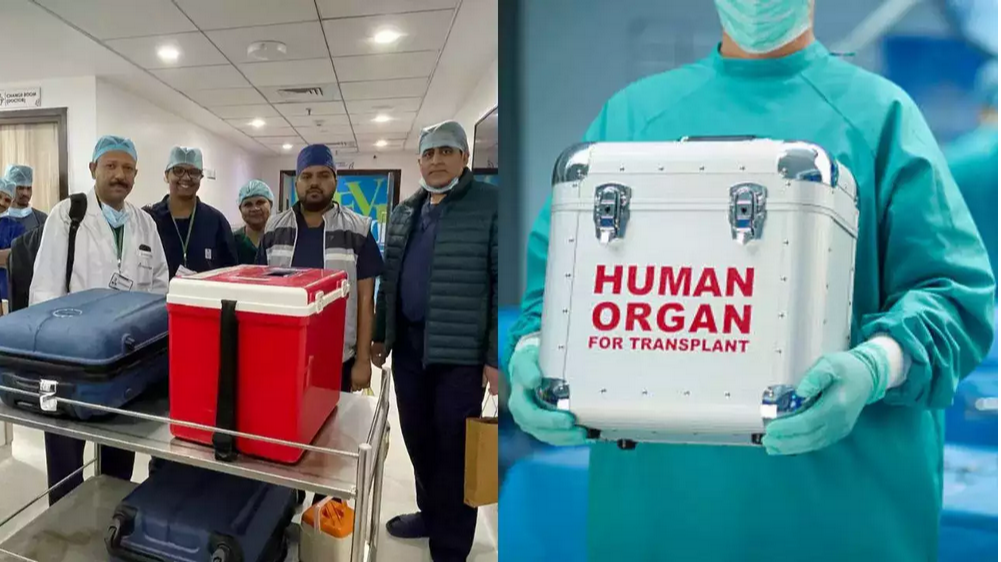
.jpg)
.jpg)
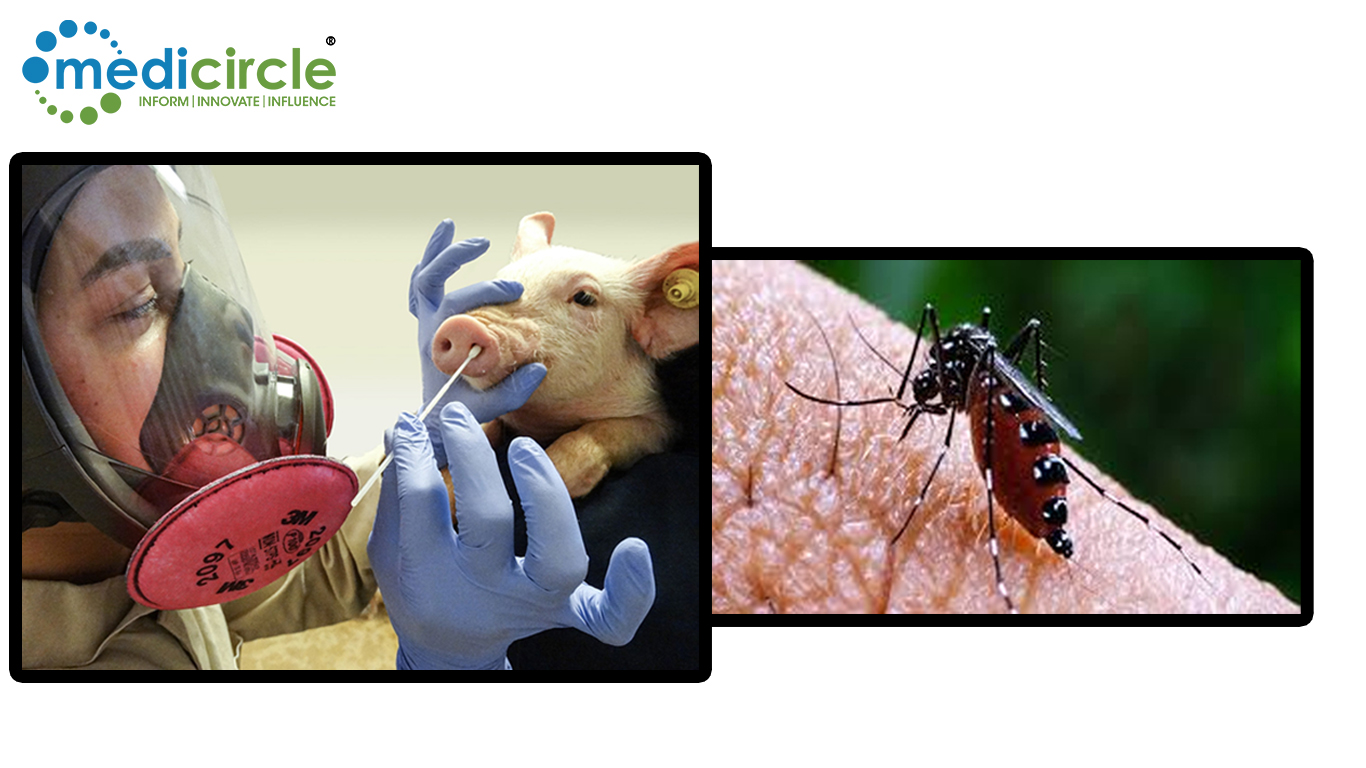
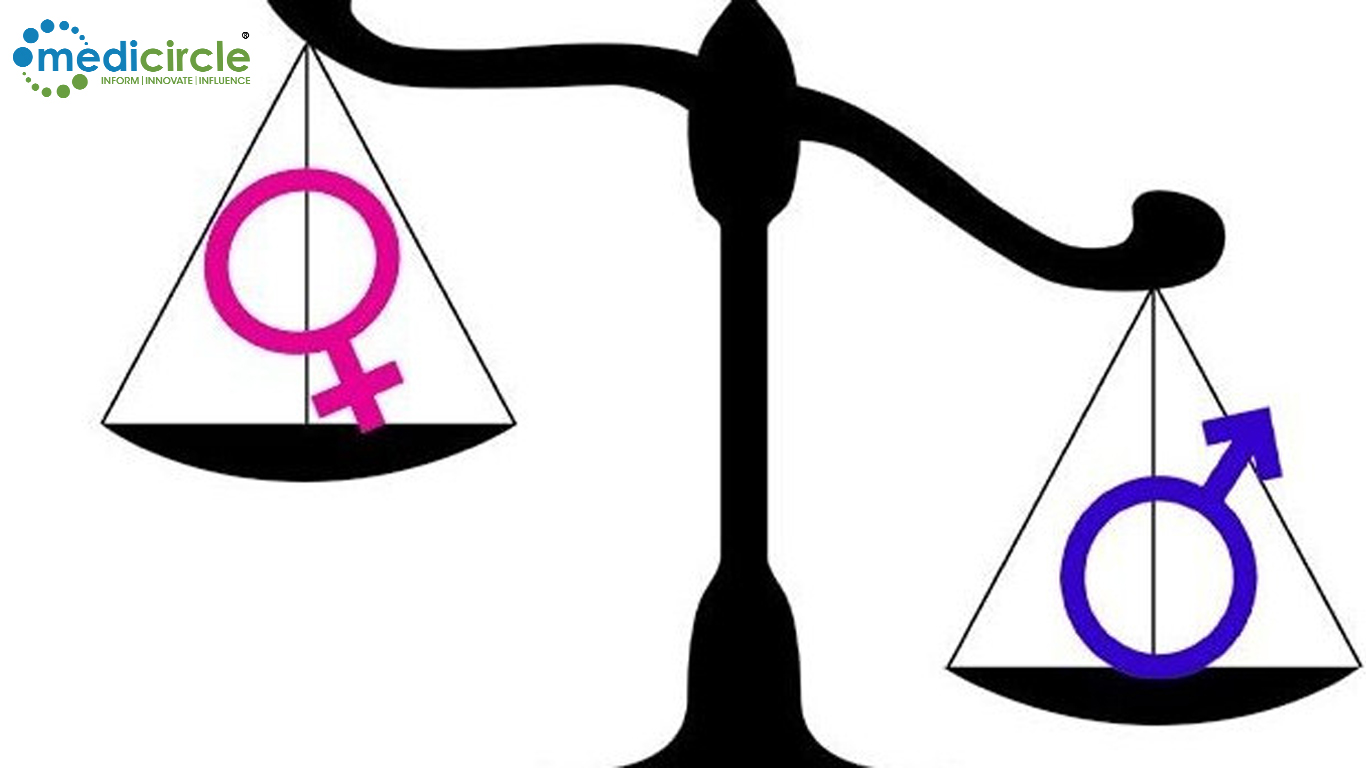
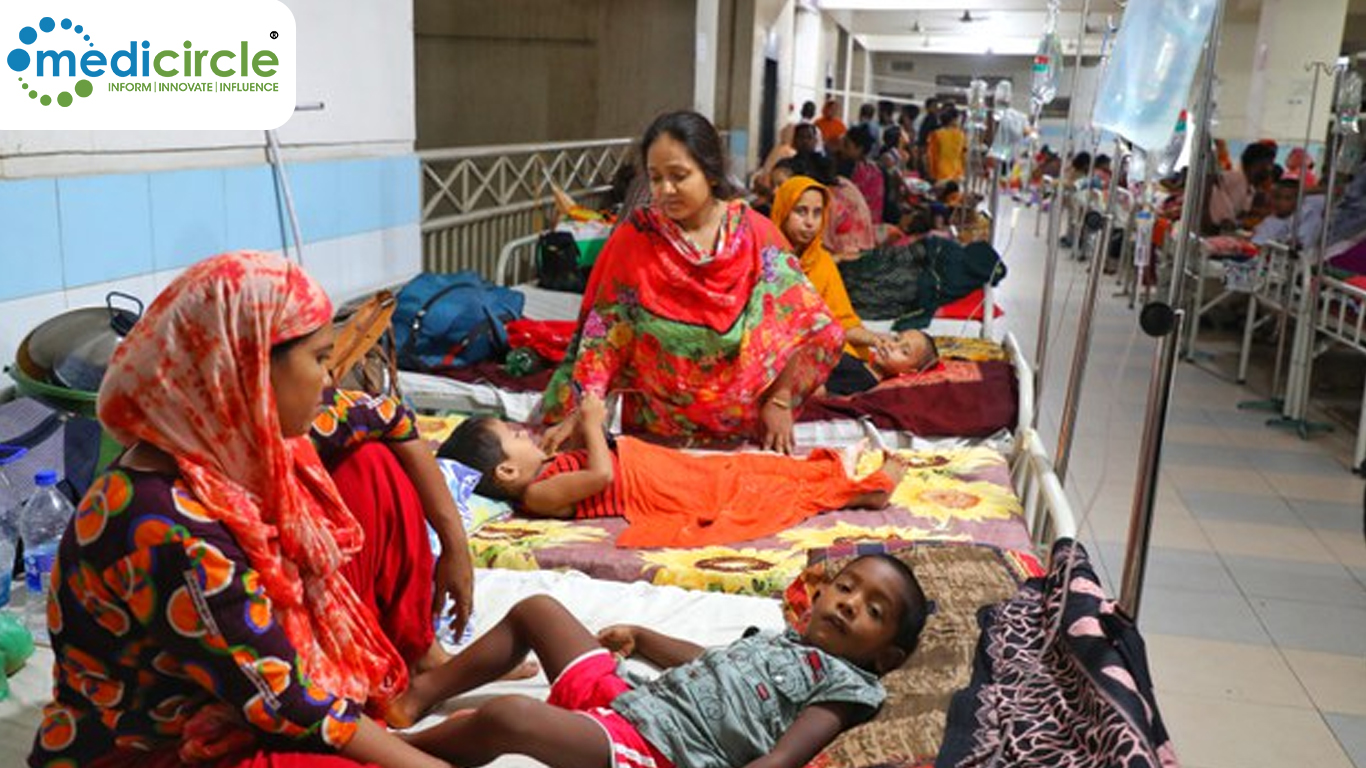





.jpeg)






.jpg)




.jpg)





.jpeg)
